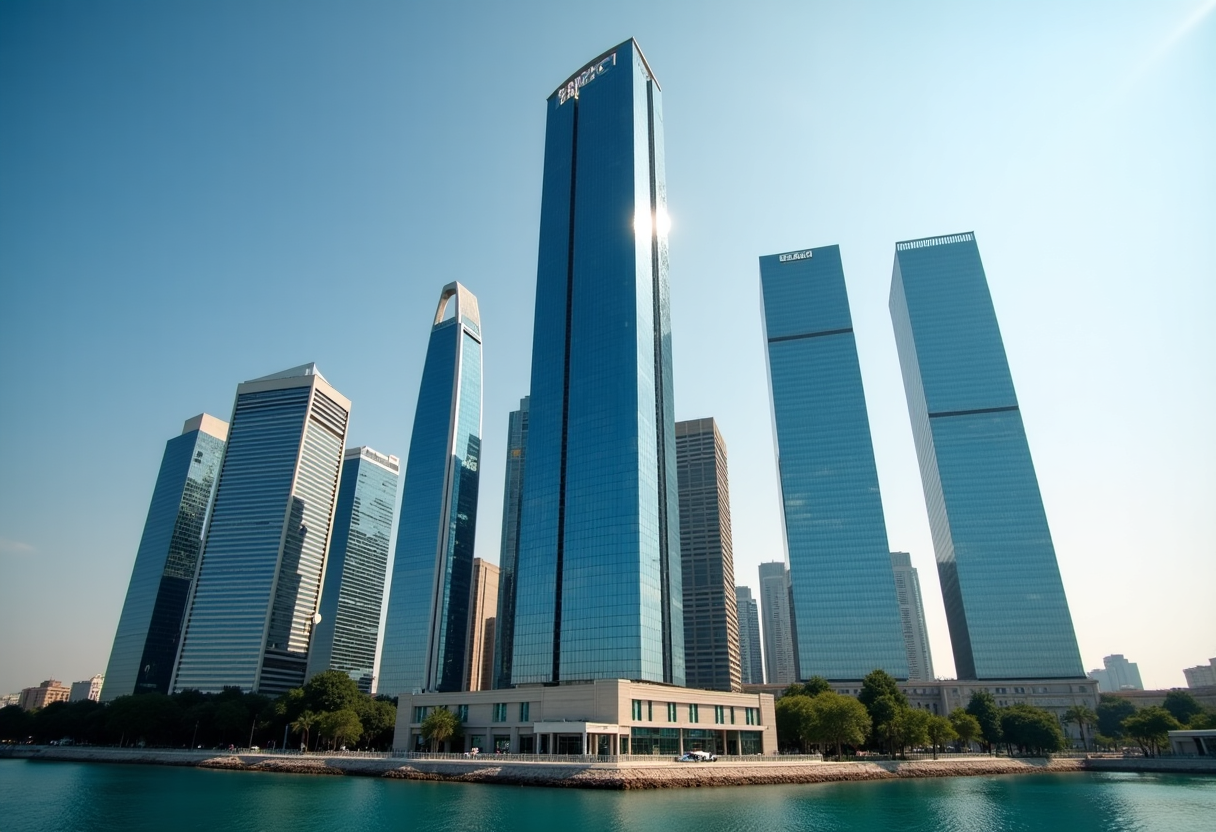Table of Contents
As the world grapples with the urgent need to address climate change, the location of this year’s United Nations climate conference in Baku, Azerbaijan, raises eyebrows. This city, known as the birthplace of the modern oil industry, serves as a stark reminder of the complexities and contradictions inherent in global climate diplomacy.
The irony is palpable: a summit aimed at combating climate change is hosted in a petrostate, just as the United States has elected a president who champions fossil fuel production.
The backdrop of Baku: A city of contrasts
Baku’s history is intertwined with oil, dating back to the 19th century when it became a hub for oil extraction and production.
Today, it stands as a symbol of the ongoing struggle between economic interests and environmental responsibility. The city’s skyline, dotted with modern skyscrapers funded by oil wealth, contrasts sharply with the realities of climate change that threaten the planet. This juxtaposition serves as a backdrop for Lydia Kiesling’s novel “Mobility,” which explores the life of Bunny Glenn, a character navigating the complexities of a world dominated by oil and climate crises.
The impact of climate change on global diplomacy
As climate change accelerates, the stakes in global diplomacy have never been higher. The Baku conference is not just a gathering of world leaders; it represents a critical moment for nations to come together and address the existential threat posed by climate change.
However, the setting complicates this narrative. With the U.S. withdrawing from international climate agreements under the Trump administration, the conference takes on a surreal quality, highlighting the dissonance between political rhetoric and the urgent need for action.
Voices from the ground: Perspectives on climate action
In conversations with activists and experts, the sentiment is clear: the time for action is now. Many express frustration over the slow pace of change and the continued investment in fossil fuels. The irony of discussing climate solutions in a city that thrives on oil production is not lost on them.
As Bunny Glenn’s journey in “Mobility” illustrates, the personal and political are deeply intertwined, and the choices made by individuals and governments have far-reaching consequences for the planet.
As we move forward, it is crucial to recognize the complexities of climate diplomacy and the role that cities like Baku play in shaping the future of our planet. The challenge lies in reconciling economic interests with environmental imperatives, a task that requires innovative thinking and bold leadership.




